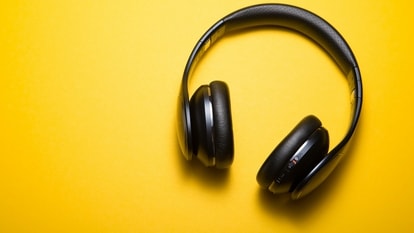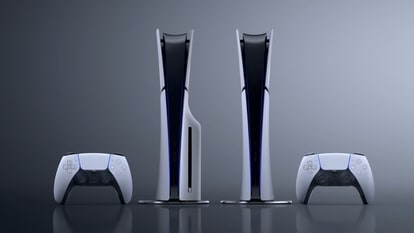Why 2014 was Apple's breakout year
Just when everyone was writing Apple off for its phones with miniscule screens and tightly-closed operating system, the Cupertino giant silenced critics by releasing radical new products and services.
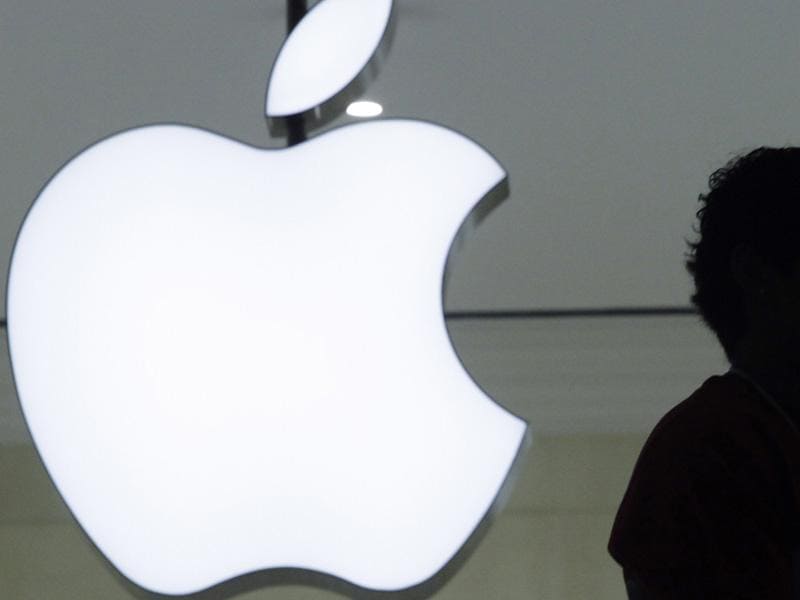
Last year, even hardcore Apple fanboys were starting to write off the Cupertino giant for being a laggard. In a world dominated by phablets, the iPhone looked miniscule. And Google's Android, which was massively rehauled this year, was starting to look much more feature-rich and mature. Then, Apple came through with a one-two punch that made everyone sit up and take notice. Here's what happened.
The iPhone finally went big
For a company that calls every product it releases 'revolutionary,' Apple is surprisingly conservative. The original iPhone's 3.5-inch screen was massive compared to everything else out there. But that was back in 2007. Companies like Samsung quickly released phones that were over 4 and then 5 inches big. Phablets became a thing.
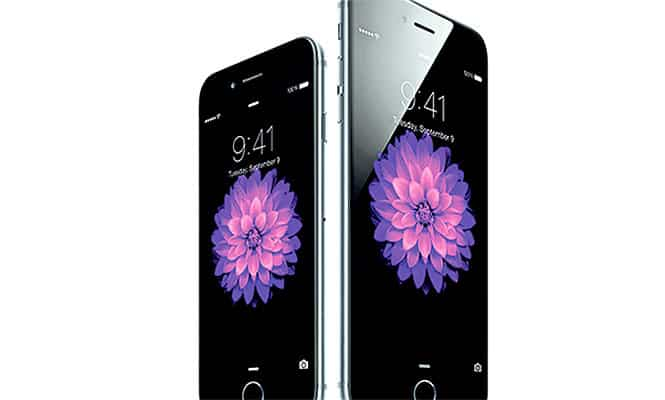

Apple didn't bother changing the size of the iPhone's screen till 2012 -- the iPhone 5 had a slightly larger 4-inch screen -- but in 2014, we finally got what we wanted: a large iPhone, the iPhone 6 with a 4.7-inch display, and an Apple Phablet, the iPhone 6 Plus, with a gigantic 5.5-inch face. In true Apple style, the increase in sizes came with thoughtful features like the ability double tap the Home button to shrink down the screen to use the phones one-handed.
We finally got an iWatch
OK, so they called it Apple Watch. Big Deal. It's the iWatch, as far as we're concerned. The rumour mill had been predicting an Apple wearable for years, and this time, Apple didn't disappoint.
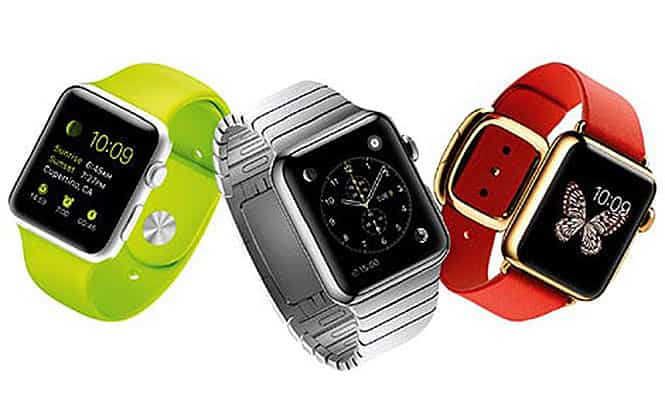

The Apple Watch, which will be released early next year, is easily one of the most feature-packed smartwatches to hit the market. It not only tracks your workouts via an integrated heart rate monitor, it also acts as a full-featured companion to your iPhone by allowing you to make and receive calls, send text messages and navigate maps.
Apple had been criticised for simply iterating on the success of its previous products -- the iPhone, iPad and iPod -- each year. With the launch of the Apple Watch, the company has finally released a brand new product line. Wall Street seems satisfied. For now.
Apple acquired Beats for $3 billion -- its biggest acquisition yet
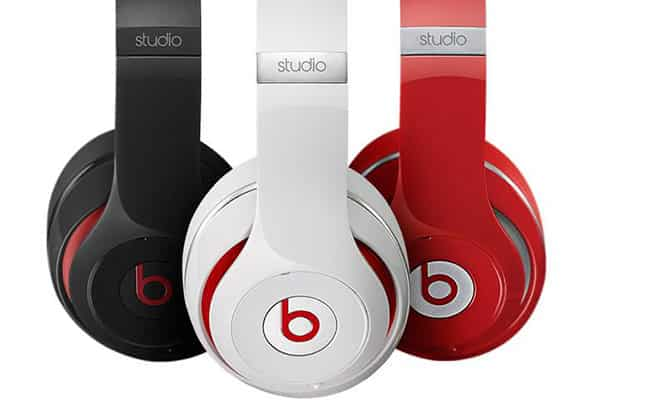

No one knows why Apple bought Beats, the company that makes those flashy, overpriced headphones that are a common sight on streets all over the United States -- and Apple certainly isn't saying. One school of thought is this: the world is listening to music on streaming services like Spotify and Pandora and people just aren't buying enough music from iTunes anymore. In addition to its headphones business, Beats also owns a popular music streaming service, which Apple can leverage. Plus, the company is run by Jimmy Iovine and Dr. Dre -- two of the coolest and most connected people in the music industry.
Apple' Beats acquisition, which was completed in August, is shrouded in mystery. But there's no doubt that it's the company's boldest buy yet.
Apple Pay is pretty revolutionary
When it revealed the iPhone 6 and 6 Plus in September, Apple also introduced Apple Pay, a service that lets you use your phone to pay wirelessly in stores without fumbling for your credit card. Apple is by no means the first company to do this -- others like Google and Square are already in that business -- but it is probably the first company to do it right.
Apple Pay was supported by hundreds and thousands of stores across the U.S. right from launch and Apple made sure it tied up with all major banks and credit card services to make sure it worked seamlessly right from day one.
iOS 8 is more open then ever before
Apple's operating system for its phones, tablets and the iPod Touch was notorious for being restrictive in ways that its rival Android was not. Android users, for instance, have always been able to install third-party keyboards, home screen widgets and other tweaks to add new capabilities to their phones.
With iOS 8, Apple finally opened up the system that lets users do all these things and more on their iPhones. This isn't just a technological change. By finally giving users the option to make their devices work in ways that they want -- not just how Apple thinks they should work -- it's a philosophical change.
Catch all the Latest Tech News, Mobile News, Laptop News, Gaming news, Wearables News , How To News, also keep up with us on Whatsapp channel,Twitter, Facebook, Google News, and Instagram. For our latest videos, subscribe to our YouTube channel.

























